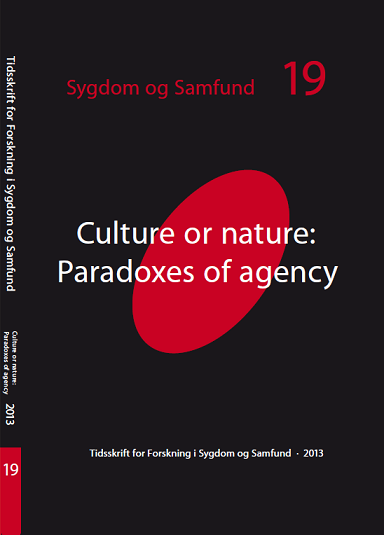Unwanted Childlessness and NRTs in Italy: Biology and Sociality in a Political and Infra-political Struggle
Publiceret 2013-11-23
Citation/Eksport
Resumé
This article explores the way in which people with unwanted childlessness who are undergoing the New Reproductive Technologies (NRTs) interpret and experience such technologies and their own affliction after the approval of Law 40/2004 (the first Italian law ruling NRTs’ usage). The work is grounded on an ethnographic research carried out between 2005 and 2008: in that period Law 40/2004 had just been approved and the Country was facing a socio-economical crisis. This paper specifically focuses on the narratives of seven people (six women and a man) with unwanted childlessness, whose accounts were collected during the fieldwork. Those people had undergone NRTs just before or immediately after the approval of the law.
The exploration of their narratives shows, in the first place, that unwanted childlessness can be considered as a socially produced disorder in a context of structural violence. In fact, the affliction proves to be the embodied answer to limiting socio-economical conditions, further sharpened by the law’s obligations.
Secondly, the analysis depicts some infra-political practices performed by people with unwanted childlessness in order to react to the situation. The work particularly underlines that those people devised some strategies - both symbolic and practical ones - in order to exert their own agency.
In conclusion, unwanted childlessness results to be an embodied commentary on the structural violence imposed on some people by socio-economical conditions. From that situation of violence, new representations, and new practices have arisen, aiming to oppose the constraints which burden some reproductive experiences.

